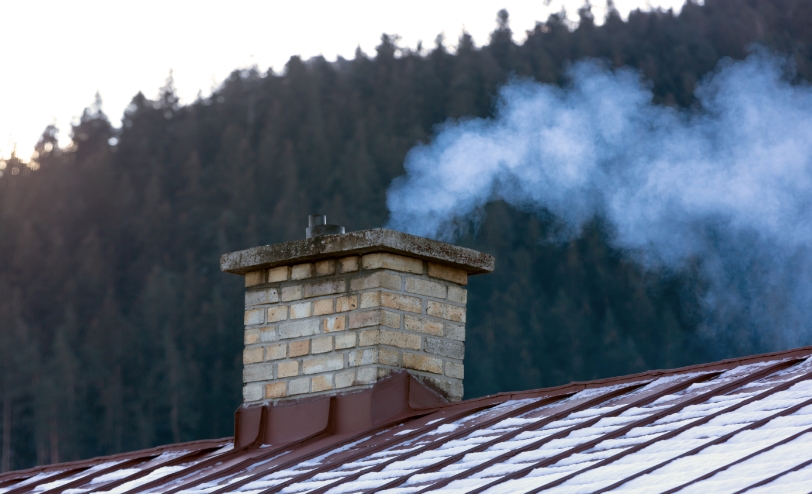Wood Smoke & Lung Health
Residential wood smoke is a major source of air pollution in BC, especially fine particulate matter (PM2.5). The pollutants in wood smoke are known to affect health.

Woodsmoke, a byproduct of burning wood, poses significant risks to lung health.
It contains a complex mixture of gases and fine particles, including carbon monoxide, volatile organic compounds, and PM2.5. Inhalation of woodsmoke can irritate the respiratory system, leading to coughing, wheezing, and shortness of breath. Long-term exposure is particularly concerning, as it can exacerbate chronic respiratory conditions like asthma and chronic obstructive pulmonary disease (COPD), and increase the risk of respiratory infections.
Vulnerable populations, such as children, the elderly, and those with preexisting lung conditions, are especially at risk. Therefore, minimizing exposure to woodsmoke is crucial for maintaining respiratory health and preventing lung-related diseases.
BC Lung Foundation is pleased to announce some important changes on our Wood Stove Exchange Program
- We have a new name: The program is now called the “Community Wood Smoke Reduction Program”
- Bigger incentives provided if you exchange from wood stoves to heat pumps
- We have developed new educational materials that can be used by the public as well our coordinators.
Province-wide survey of residential wood-burning
The BC Lung Foundation commissioned Mustel Group to conduct a province-wide survey of British Columbia residents regarding the use of residential wood-burning appliances. The questionnaire is based on those used in similar surveys conducted in 2003 and 2012 and is designed primarily to assist BC Lung Foundation, the Ministry of Environment and Climate Change Strategy, and Metro Vancouver Regional District in better understanding the incidence of wood-burning appliances across the province and frequency of use. The key findings are summarized in this executive overview. Further details are presented in the Detailed Findings section.

Webinar Resources
Tackling residential wood smoke pollution and public health
A major concern in many BC communities, residential wood smoke is a major source of air pollution in BC, particularly of fine particulate matter (PM2.5). This webinar recording addresses the science of wood smoke, the risks it poses to health, and what BC is doing to reduce public exposure.
Trusted information
Should you be looking for trusted information about wood burning and its impact on health, we suggest the following sources.
Questions? Contact Dr. Menn Biagtan, VP, Health Programs & Initiatives at biagtan@bclung.ca or Dr. Noah Quastel, Director, Law/Policy, Health Indoor Environments at nquastel@bclung.ca or 778-709-4496